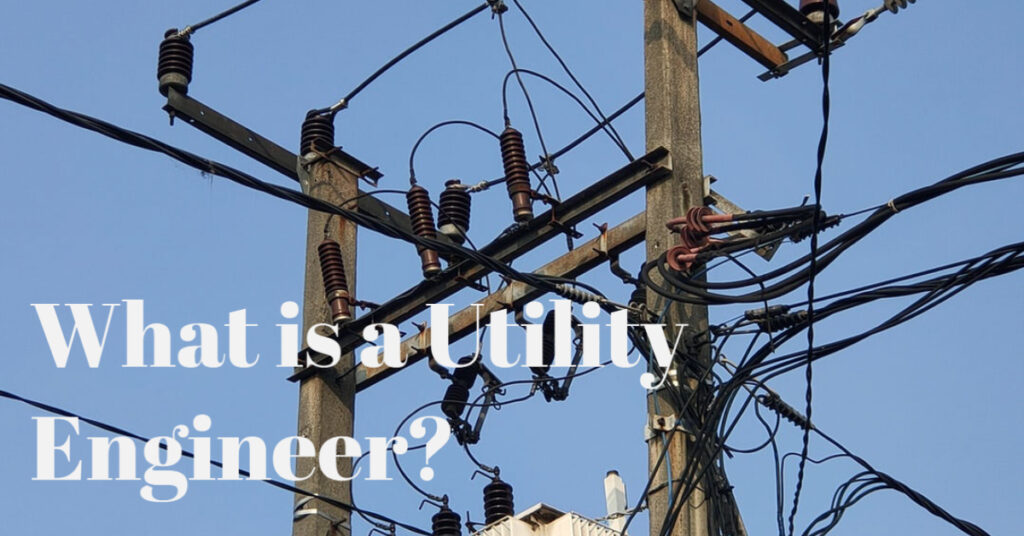
Making the most of a college degree requires a knowledge of the career path your student will be pursuing. This post is one of many I have provided to help parents and students make an informed college major choice.
Utility engineers are highly specialized professionals who usually work with public utilities that provide gas, water, power or sewer services to communities. Most utility engineers have a background in mechanical or civil engineering.
Utility engineering consultants work on how to improve the delivery of utility services to homes and businesses. They often are employed in public works activities that offer new utility services to communities. Utility engineers also work to improve current services with new technology and best practices.
Common utility engineer tasks include:
- Devise plans, designs, and operations for utility systems, including gas, water, and sewage systems.
- Identify and resolve any failures of utility systems and oversee preventative maintenance.
- Direct utility project groups and offer guidance on how to install or improve utility systems
- Gather data on utility processes, monitor utility system effectiveness and material usage.
- Manage construction projects involving utilities, devise utility project scope, specifications, and budgets.
During times when there are utility outages, utility engineers are engaged in directing and managing work crews to restore services as quickly as possible.
Utility engineers also are involved in boosting service quality by reducing service interruptions. This is done by enhancing infrastructure and working to reduce any existing problems. For these types of projects, the utility engineer works in planning and execution.
Example of a Utility Engineer Project
For example, a utility engineer may determine that a plot of land with dozens of old trees is a high risk to power lines. He or she will design a project to run electric cabling underground or to reinforce current aerial lines and electric poles. He or she would collaborate with work crews to ensure these utility projects are properly carried out and thoroughly inspected for effectiveness and safety.
As a utility engineer, you may work on many different types of projects for different entities. Some may work for a city that is designing a new energy distribution grid. These utility engineers may act as consultants to provide guidance on the power requirements of a growing urban area. Others might work at smaller utilities that keep power going in all buildings, and also work in installing backup electrical generators for any power outages.
Some utility engineers also work at manufacturing plants and job sites outdoors overseeing the construction of electrical turbines and other types of equipment that produce power.
Utility engineers work on infrastructure projects that are vital to the continuing growth and viability of our society, and therefore are engaged in work of great importance.
